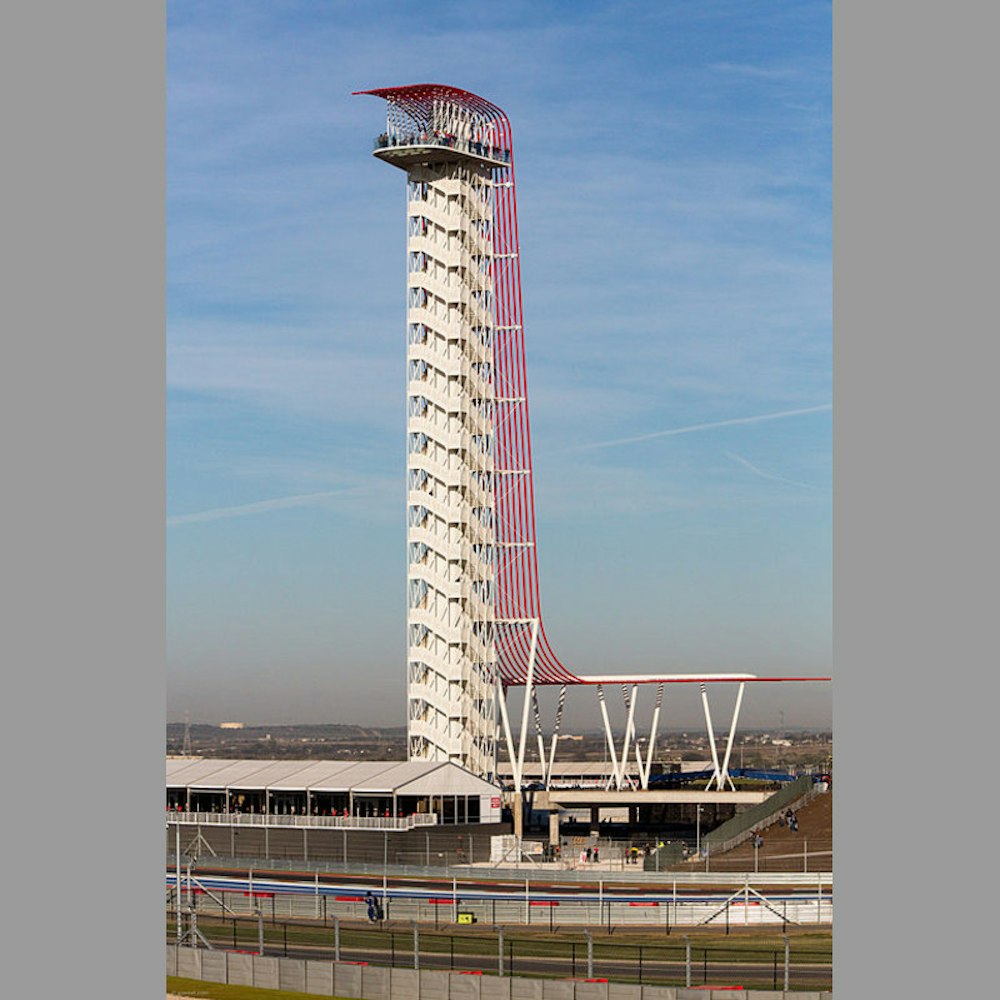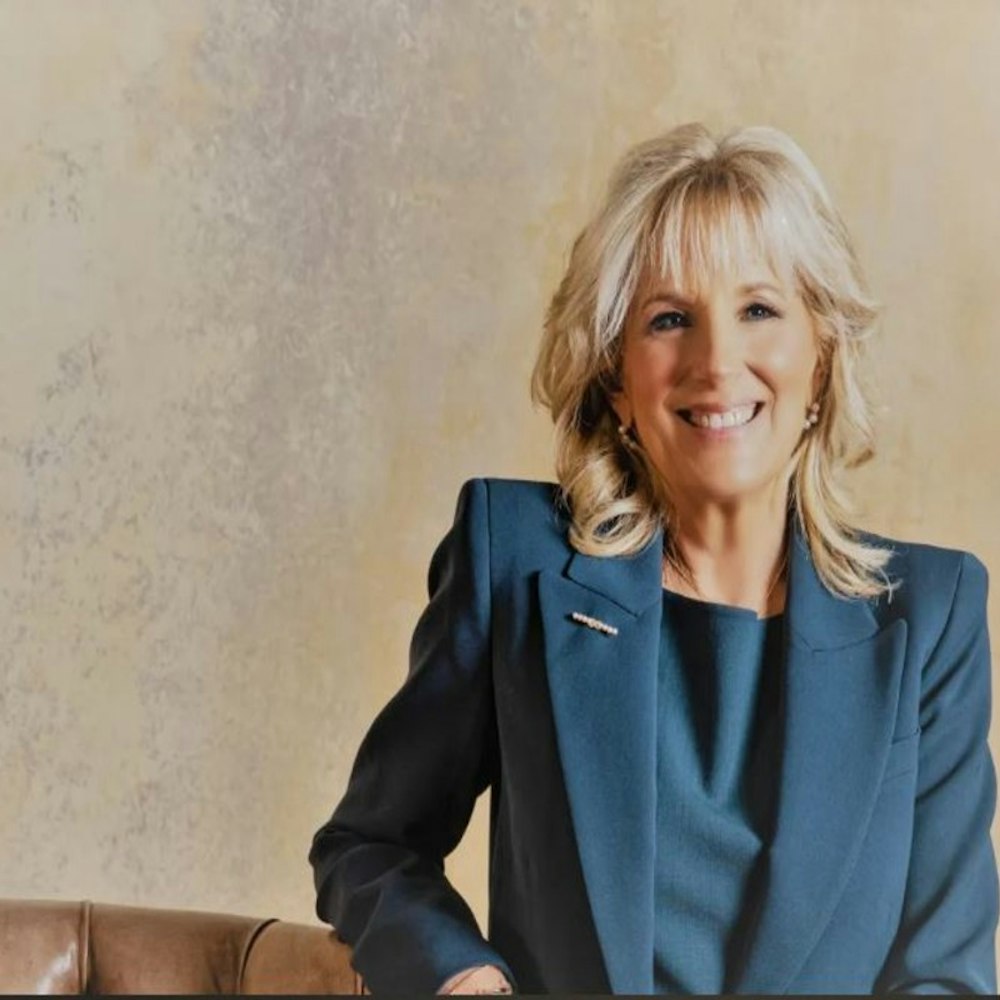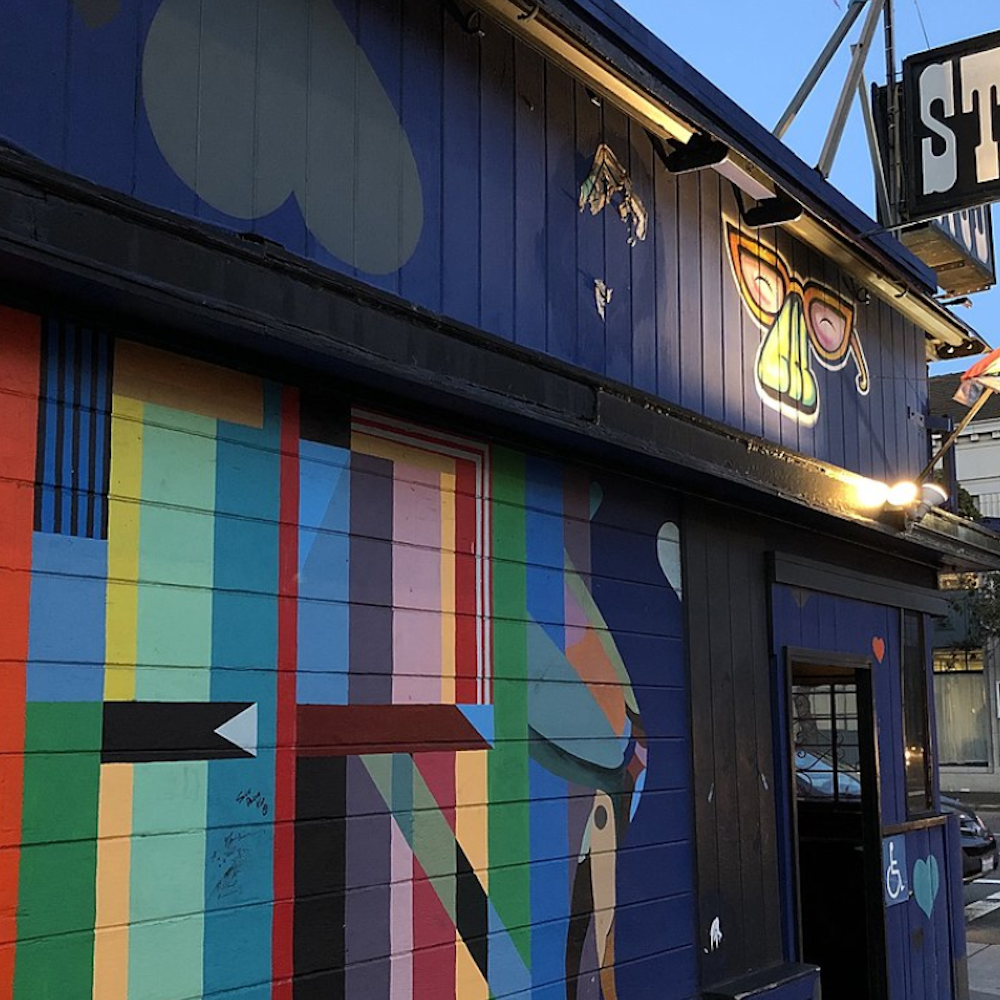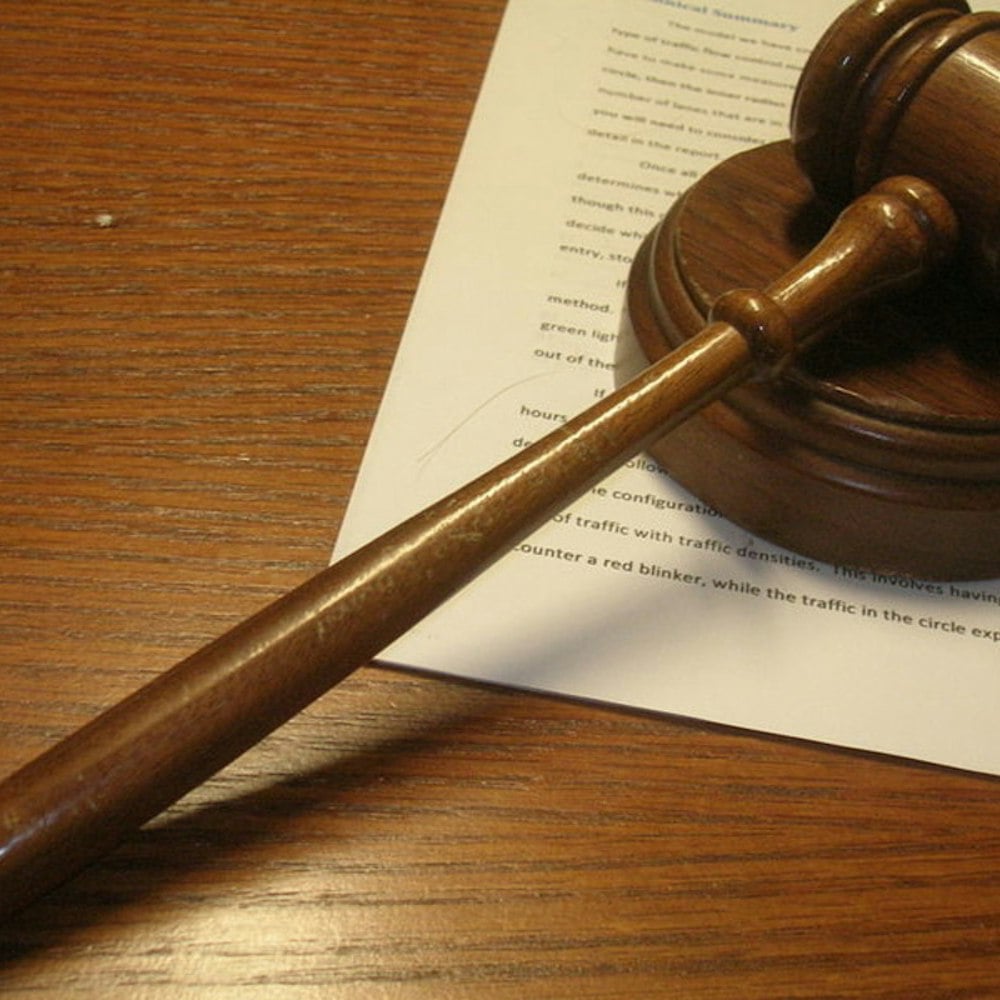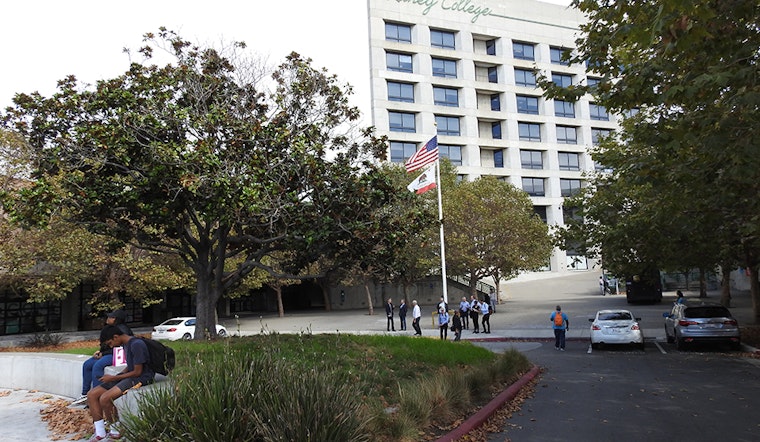
Now that the Oakland Athletics have announced plans to build a ballpark on a plot of land adjacent to Laney College, the city is in for a long conversation about the future of the school and the surrounding neighborhood.
On Tuesday, team president Dave Kaval said the team is committed to staying in Oakland. After carefully examining three sites, he concluded that the spot where the Peralta Community College District offices are, adjacent to Laney College, was the best location.
Kaval cited weather, transit options and walkability to downtown as reasons that the Laney site edged out Howard Terminal, Mayor Libby Schaaf's preferred location. Schaaf and others have raised concerns about the impact building near the lake will have on the surrounding neighborhoods.
For his part, Kaval said that he is aware of those concerns and wants to alleviate them, both by encouraging city action and committing to funding workshops for landlords and tenants to know their rights.
"Hopefully it will give us the time to at least have the conversation,” Kaval told Hoodline. “It would be a shame to not even give ourselves a chance to discuss it because of something that might happen."
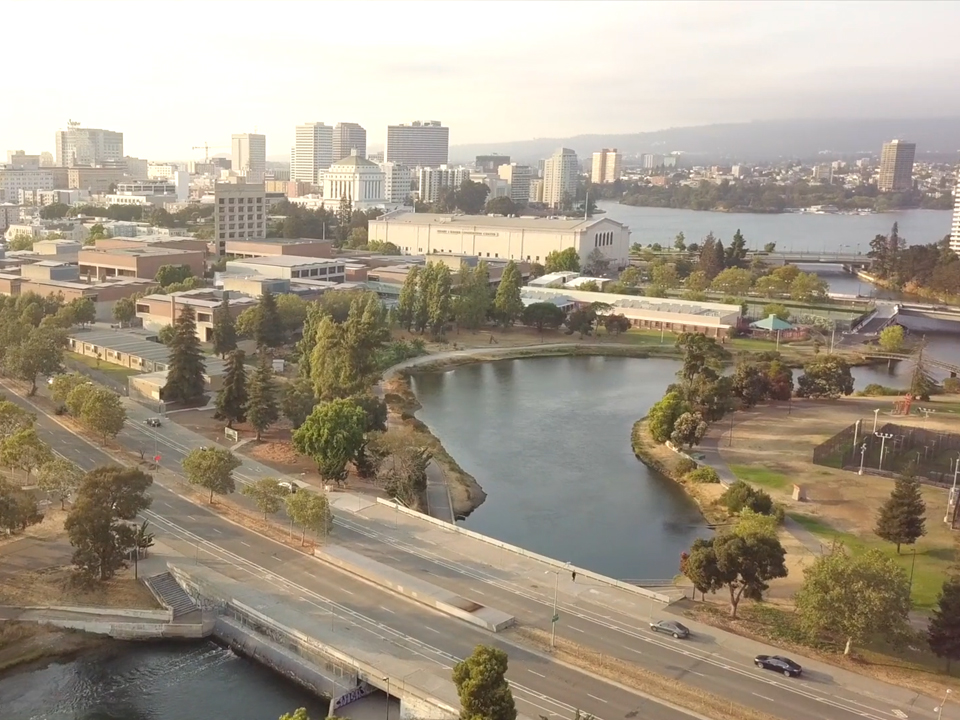
Kaval is a long way from getting a new stadium built. His plan will first require some kind of land sale or lease agreement from the Peralta district and the support of the City Council before passing an environmental review.
Peralta college district Chancellor Jowel Laguerre said he only heard the A’s news about the same time it became public.
He said he was aware of the possibility for months, but also kept in mind that the A’s were considering two other sites.
“The first time I heard about the idea itself… I thought it was pretty funny,” Laguerre told Hoodline. “I thought it was a joke. I didn’t know what to think. But as more and more conversations have been had, I think the idea, the possibility for something like this, it’s not as impossible as I first thought.”
One thing Laguerre said brought him around was the fact that Oakland has lost two professional sports teams in the last few years as the Raiders prepare to head to Las Vegas and the Warriors decamp to San Francisco.
“My thought has been that all of us in Oakland need to do anything we can to make sure we keep the A’s in town,” he said.
Instead of a sale, Laguerre said he'd prefer to lease the land to the team long-term to create a steady source of revenue for the school district for the indefinite future. That kind of cash could really help the school’s infrastructure, he said.
Kaval too said he’s looking to help the school with infrastructure and provide the district with other revenue streams that could help its educational mission, as well as partnering on workforce development.
One goal would be to make sure that students coming away from the school’s programs would have job opportunities, including with the A’s, he noted.
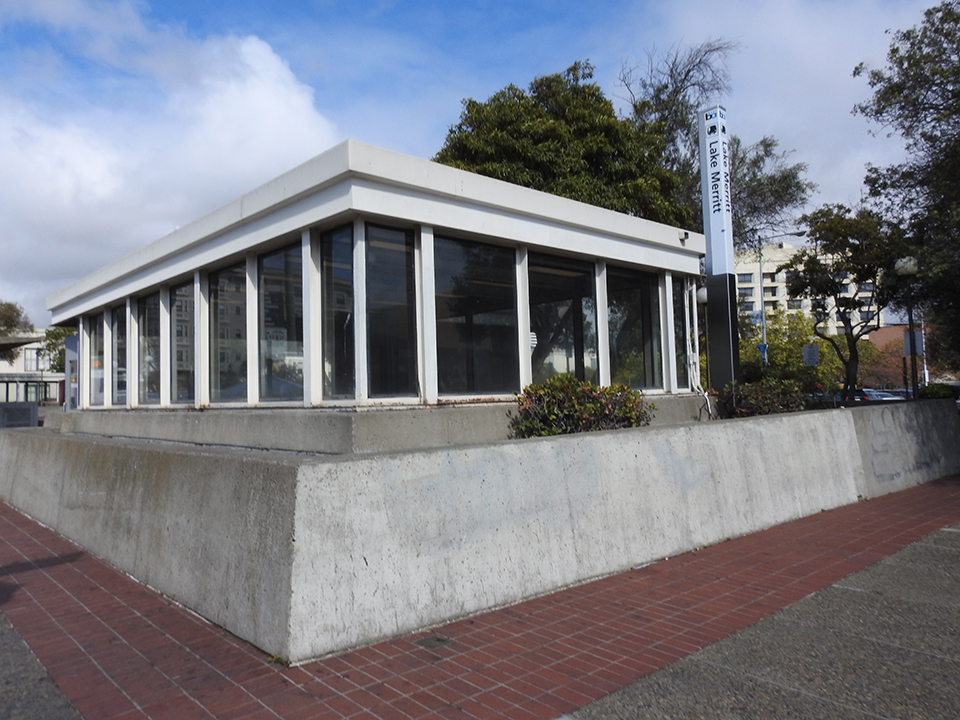
But opposition to the site is already brewing. James Vann, who lives not far from the proposed site, is working with groups including the Oakland Tenants Union, the city Anti-Displacement Network and the Coalition of Advocates for Lake Merritt. He said he's hearing a negative reaction to the news.
“We think it's a horrible location for the A's baseball stadium,” Vann said.
He cited concerns that the space was too small at 18 acres, that it could interfere with the Lake Merritt channel, congest traffic on narrow streets, endanger pedestrians crossing train tracks, and that stadium-related development will displace residents of the quiet neighborhoods.
"If the stadium goes in, there is no way to address the gentrification and displacement that will happen in the Eastlake neighborhood,” Vann said.
“Developers will come in and buy up the existing low-density housing there to put up apartment buildings and hotels. That whole community will be demolished."
For the moment, Kaval doesn’t have answers for most of those questions, saying that he hopes to start a conversation about what it will take to get the community on board and what will be necessary to make the plan work.
"Obviously, this is a very exciting opportunity both for the city and the A's, we feel this is a project that has a lot of positives and want to stress that this is the first step in a process," Kaval said.
If plans come together, the first pitch at the A's new ballpark will be thrown in 2023.

